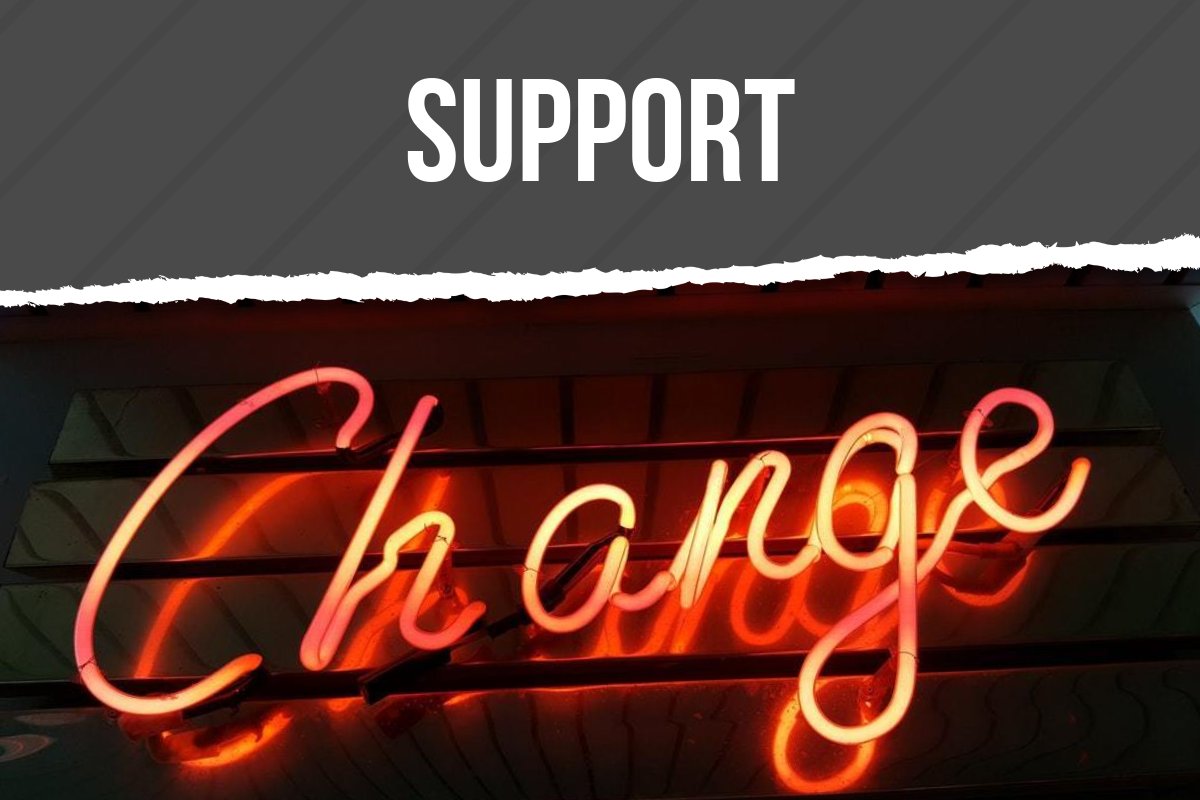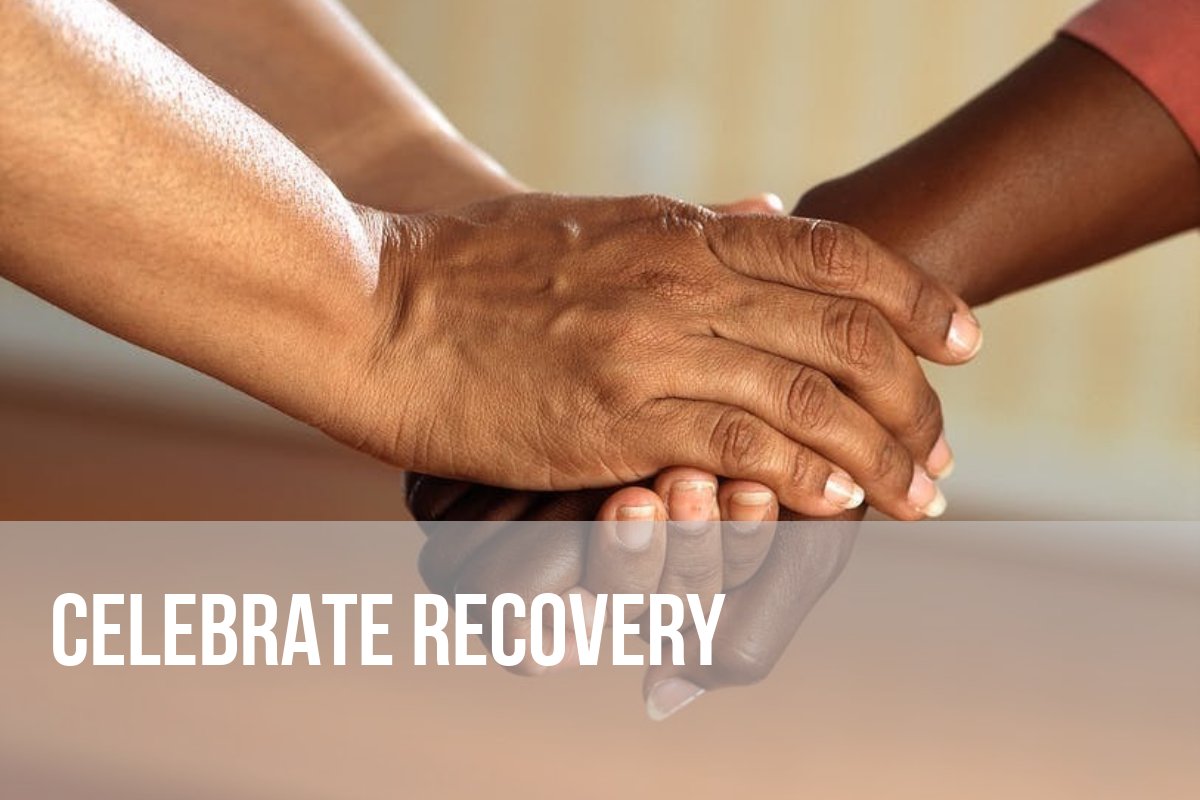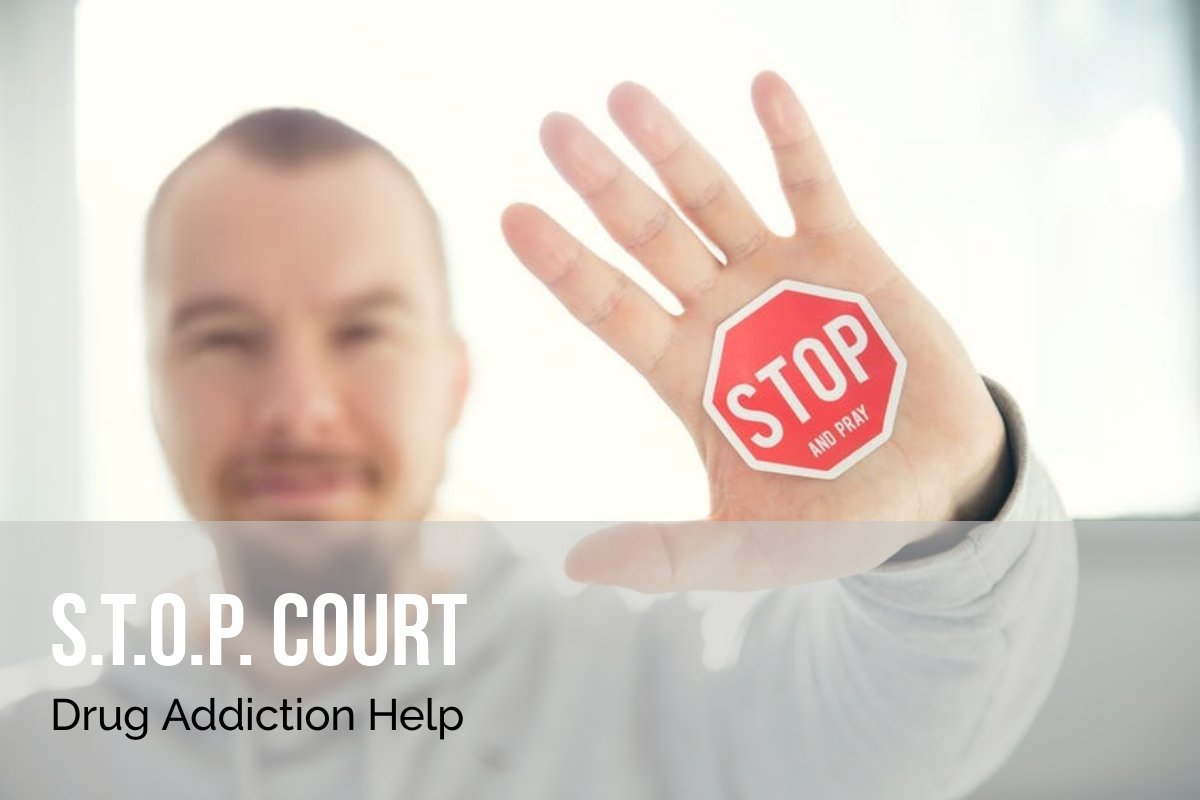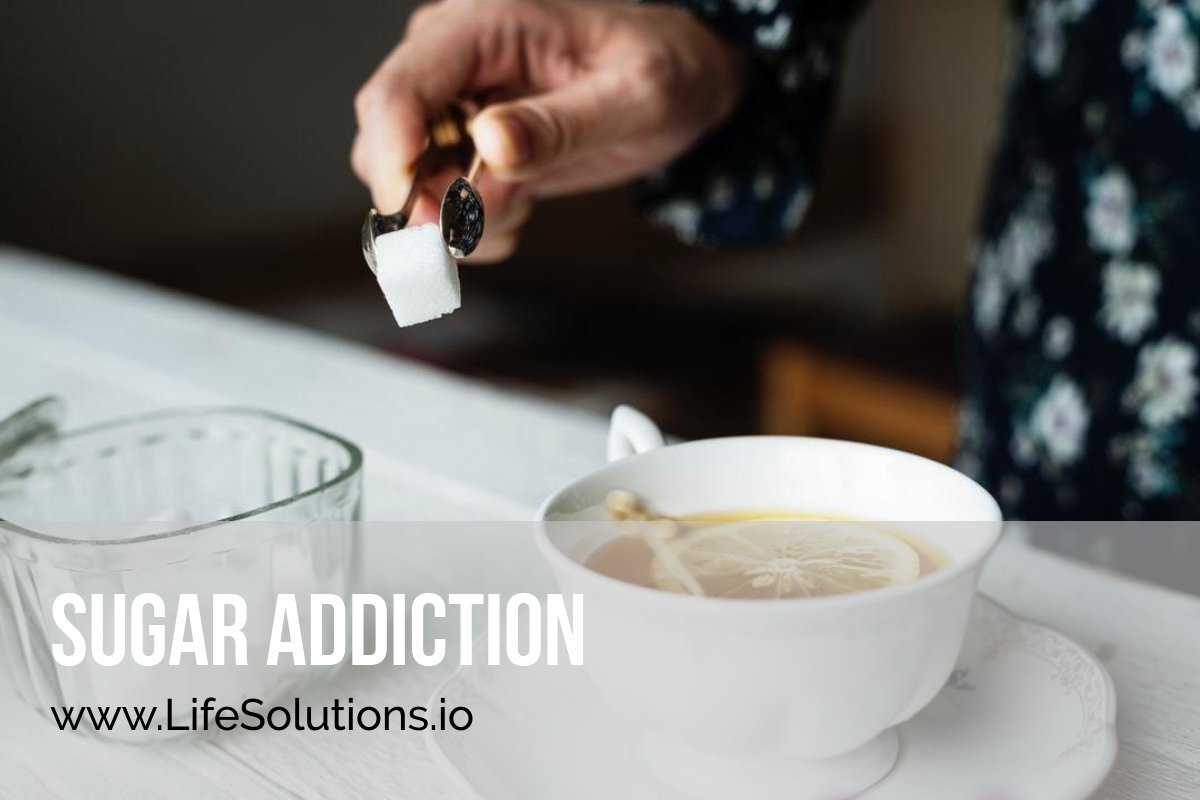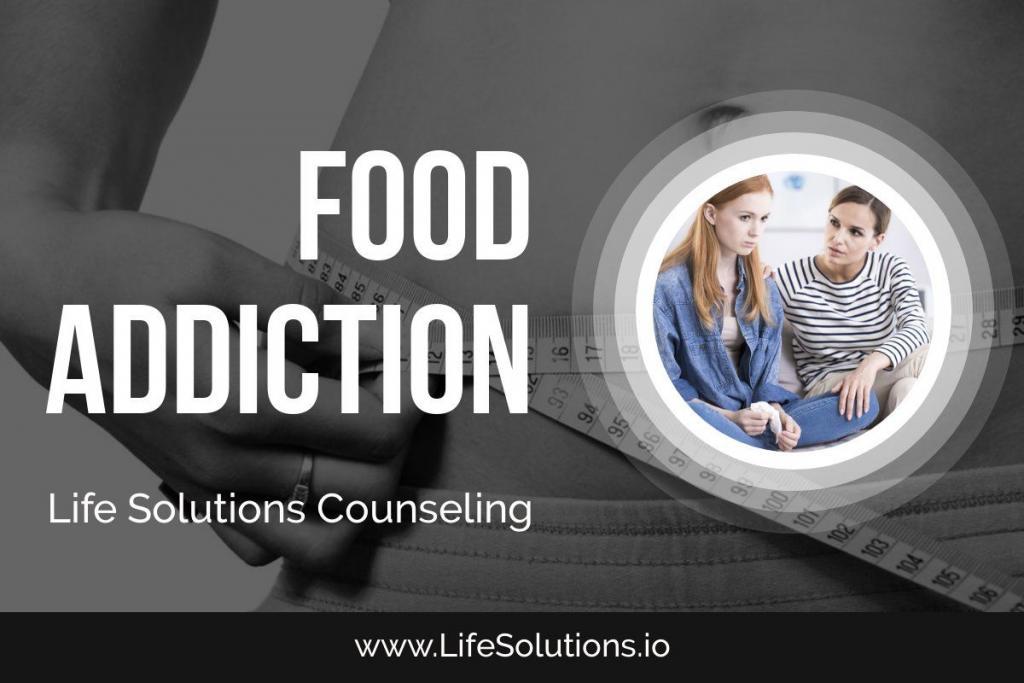I recommended an Al-Anon group to one of my clients who was struggling with codependency issues. After she left, I felt convicted by the fact that I never actually attended one of those groups myself. I wanted to go to an Al-anon group for a while because I too find myself often in a caretaker role where I give far more than I’m getting out of a relationship.
So, I looked online and found a group pretty close to my home. I decided to take courage and attend their next meeting. It was not easy: I sat in the parking lot for a while, watching the people arrive and all along contemplating a quick escape. When I finally went in, my neck was hurting with tension. It only grew worse as the evening progressed. I was unfamiliar with the AA lingo and the flow of the meeting. Not knowing anybody and especially not knowing what was going to happen next was a pretty unsettling feeling.
I was however impressed by the large turn-out on a rainy and cold Tuesday evening. The room was packed with people of all genders, races, ages, and walks of life. The group had a strict format and ran for two hours. It was lead by one of the seasoned male members who welcomed everybody and asked a woman to read the 12 steps and traditions of AA. After this he introduced a guest speaker, also a long time Al-anon member, to share his story.
The speaker was an engaging guy who, after his inspiring talk, randomly picked people he knew to share something about their own lives. , During this time a book was passed around for us to write down our contact information and added notes. I just let the book pass by, feeling awkward.
The evening ended with everybody making a big circle around the room, holding hands and saying the Serenity Prayer together. I still felt awkward, but this was finally, something I was familiar with and could confidently participate in.
I left the group with a sense of relief and awe: Everyone who shared was so open, honest, and brave. I could see how this kind of a group may be an essential source of support and comfort to people who find themselves in a close relationship with someone who is addicted to alcohol or other substances.
I will definitely still recommend Al-anon or other AA groups to my clients as a source of community and support. However, after going through this experience myself, I will be quick to warn them against an awkward or even emotional first meeting, and advise them to show up armed with Kleenex and phrases such as “pass” and “I’m new.”
I would also add to that a famous AA tip: “You should commit to coming back at least four times before making up your mind about a group.”
I guess that is how long it takes to push through the awkward phase and start feeling at home. I also heard from a friend that these groups are not all the same and that one should keep looking if you still do not feel comfortable after attending a few times. It turns out; I had been fortunate to find a structured and well ran group the first time around.
If you or a loved one is struggling with addiction, I want to encourage you to find a support group. Press through the awkward feelings of the first few meeting and keep going back. We all need accountability and support now and then, and these groups provide precisely that. You will find people there who understand what you are dealing with, in fact, I heard people say that they made lifelong friends at support groups.
I strongly believe that families need this component to find healing in the face of addiction. I facilitated groups like this, but with a spiritual connection, for many years. These groups, Celebrate Recovery, may also be an option for you depending on your worldview.
I also recommend individual counseling for people who struggle with addiction (drugs, alcohol, porn, food, gambling, gaming, etc.) as well as their families who are affected by this. Please contact me if I can be of help to you or someone you love. I have experience working in this field, and I have deep compassion for people who find themselves trapped in an addiction. Also, take a look at other addiction resources here on my website.
Please stop trying to do this alone; it is simply too difficult, we need other humans to take our hands and lead us forward.
